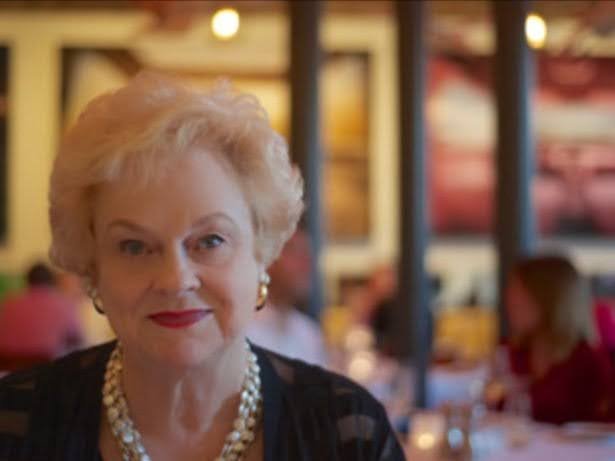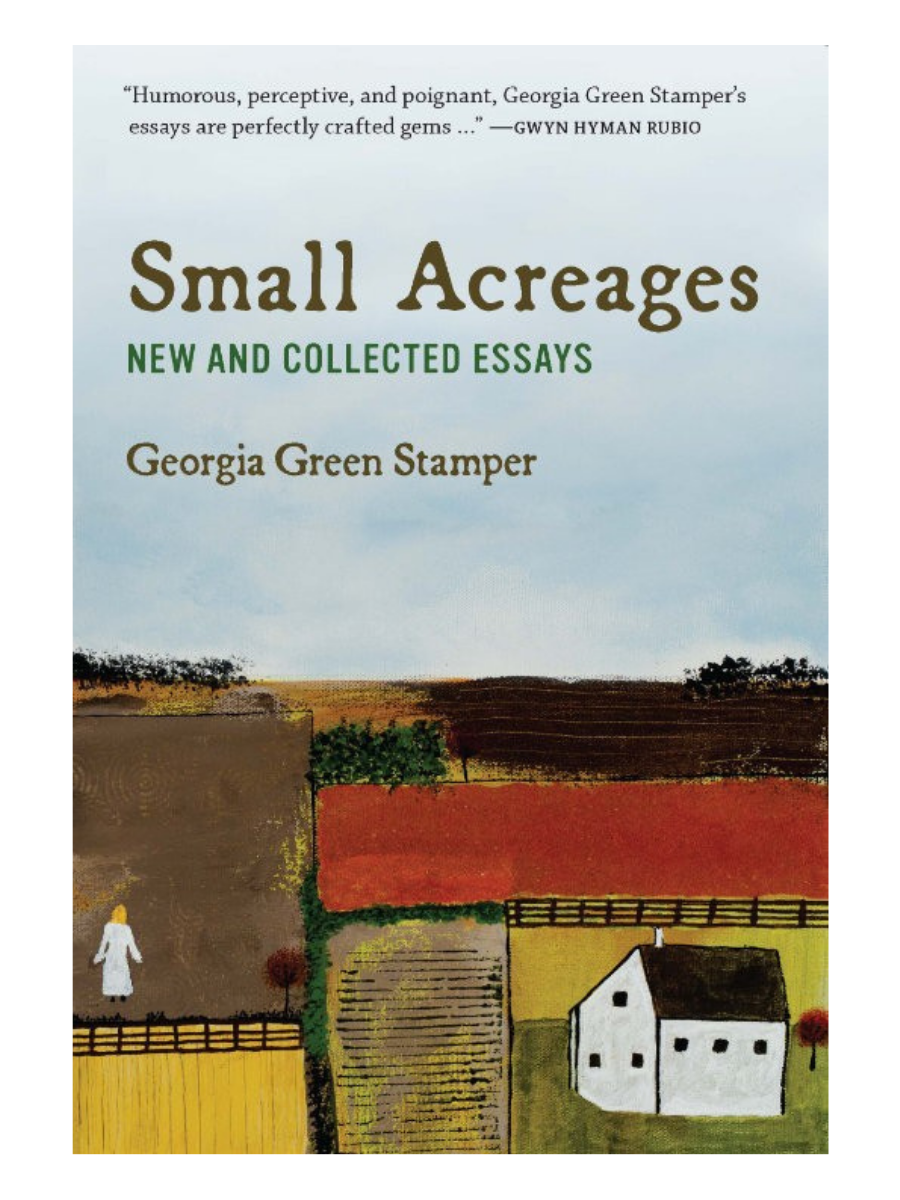Cooperative Economics, Thought, and Rural Leadership Courses
The Cooperative Economics, Thought, and Rural Leadership curriculum puts culture at the center of agriculture. Through courses, workshops, and field days, participants learn to use Wendell Berry’s writing to advocate for healthy land and communities; understand their places in agricultural history; determine affordable, farm-based solutions; cultivate an agricultural economy of cooperation, parity, and democracy; and practice neighborly leadership.
Agrarian Voices Study
Winter/Spring Agrarian Voices Study
Writing for the Farm: Advocacy & Leadership
February 3 - March 3 (registration closed)
Limit 20 participants. Reduced-rate scholarships are available for farmers and residents of Henry County.
The Farm and Forest Institute offers 3 Agrarian Voices Study courses per year. These classes combine Wendell Berry’s writing and The Berry Center’s mission with agricultural literature, practical examples, and lectures. The courses provide resources for in-depth study of topics introduced in The Berry Center’s Agrarian Voices Distinguished Lecture Series. This humanities-based series features Kentuckians of notable imagination and understanding of farming, rural life, agricultural economics, and agrarian thought and history.
The Agrarian Voices Study classes combine the tradition of study clubs and Chautauqua lectures. Historically, these programs cultivated civic engagement and community cohesion through intellectual, artistic, and practical pursuits—all vital for establishing and strengthening cultural foundations of democracy.
Our agrarian study club provides unique access to The Berry Center’s resources and an opportunity to contribute to our mission: advocating for farmers, land-conserving communities, and healthy regional economies.
Winter/Spring Writing for the Farm: Advocacy & Leadership
Summer What Has Happened Here: Agricultural History
Fall Readings in Agriculture: An Agrarian Literature Survey
Participants may register for any of the 3 study sessions offered throughout the year.
Each Agrarian Voices Study consists of:
Access to a Collection of Resources
Readings, prompts for reflection and place-based exercises, & additional materials for extended study
Agrarian Voices Lectures by Kentucky Writers, Farmers, & Leaders
These public lectures enrich the study of farming, rural life, agricultural economics, and agrarian thought and history. Lectures are recorded and shared at a later date for those who cannot attend.
Group Discussion Opportunities
Gather with fellow participants to reflect on readings, exercises, thoughts, and ideas. A Zoom link is available for those who cannot attend in-person discussions.
A Humanities Field Day (in-person only)
Participants complete the majority of the self-paced coursework at home, on their own time. They expand their learning in Henry County, Kentucky, through group discussions, lectures, and a humanities field day guided by The Berry Center staff. To provide access to the most people, the classes do not bear academic credit, but the materials are as robust, rigorous, and captivating as you would find in most college and continuing education courses. This community education program is open to all– from urban to rural and from those who farm to people who support farmers.
The Berry Center’s Farm and Forest Institute courses are made possible through a combination of registration fees and generous support from the NoVo Foundation. Thanks to this funding, the Institute provides educational opportunities for a range of farming and farm-supporting constituencies. The Agrarian Voices Distinguished Lecture Series is sponsored by The Josephine Ardery Foundation and by a host of generous donors.
Write Your Rural Story: A Memoir Workshop with Georgia Green Stamper
March 21 and March 28, two consecutive Saturdays, 10:00am - 3:00pm
In-person at The Agrarian Culture Center (next to The Berry Center) in New Castle, KY
Cost: $100
*discounted pricing for farmers and residents of Henry and Owen Counties in Kentucky
This 2-day workshop is designed for those who are beginning to collect and write their personal stories of family and rural places. Participants will have the option to submit their final pieces for inclusion in The Berry Center Archive and for possible publication in our newsletters. The $100 registration fee includes instructional costs, a copy of Stamper’s memoir Small Acreages: New and Collected Essays, and light refreshments.
Georgia Green Stamper is a seventh generation Kentuckian and a distinguished writer and teacher. She is the author of three creative non-fiction books, and her essays have appeared in multiple anthologies. She contributes regularly to Kentucky Humanities and other periodicals. Stamper spoke at The Berry Center (TBC) as part of the Agrarian Literary League / Agrarian Voices Lecture series, sponsored by the Ardery Foundation, in September of 2023.
Stamper will guide the small workshop group in how to collect, write, and shape personal stories. The Berry Center staff members will also provide a glimpse of archival materials on which its mission is based. This workshop is open to twelve participants. Three of the twelve seats are specially reserved for Henry County or Owen County residents.
Write Your Rural Story Submissions from previous sessions
This 2-day workshop was designed for those who are beginning to collect and write their personal stories of family and rural places. Georgia Green Stamper led the sessions at The Berry Center’s Agrarian Cultural Center. Participants had the option to submit their final pieces for inclusion in The Berry Center Archive and for possible publication in our newsletters.
Henry Countian Darlene Hawkins Tipton enrolled in the 2024 rural memoir class led by Owen County’s Georgia Green Stamper. Darlene had the farming stories in her head, but she says, “The class gave me the courage to write my stories.” Her account reminds us that “every leaf mattered in tobacco.” Quality mattered then, and it matters now. This is a central value driving The Berry Center’s mission.
2024 Memoir Workshop Participant Essay, by Darlene Hawkins Tipton
“Finding a copy of my Papaw's pear preserve recipe in an old church cookbook recently drew me back to my grandparents' former home. I knew precisely what the vague instructions called for when it said, ‘Cook 'til they are the right color,’ remembering the deep amber hue needed for the best flavor.” Kristin Harrison Taylor wrote these lines during our second annual “WriteYour Rural Story” workshop with celebrated Kentucky memoirist Georgia Green Stamper.
2025 Memoir Workshop Participant Essay, by Kristin Harrison Taylor




